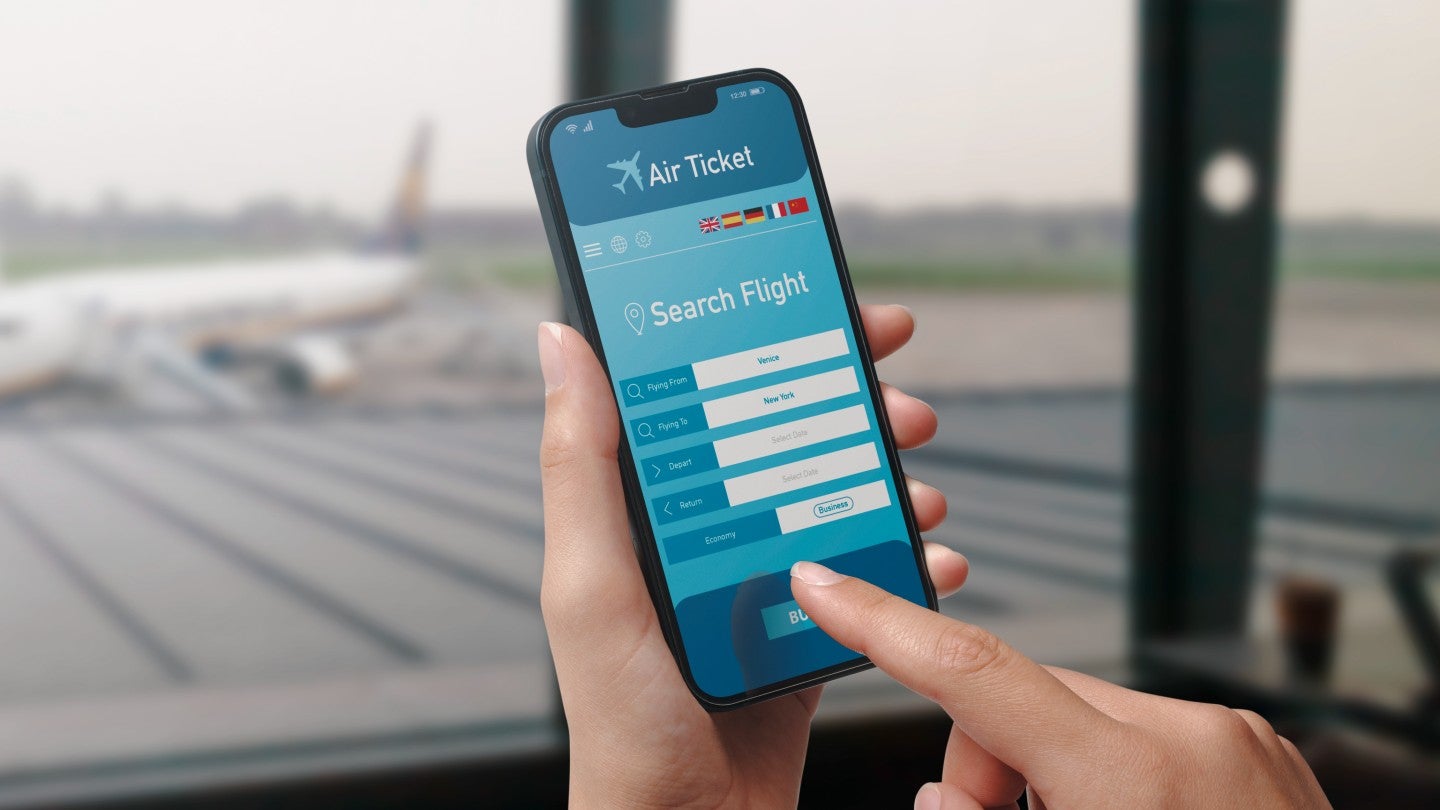
In low-cost travel, apps remain a useful tool for companies to harness the low-cost travel market. A recent report indicates that artificial intelligence (AI) and tourist taxes are also having an impact on the future of the industry.
GlobalData’s Thematic Intelligence: Low-Cost Evolution report identifies technological, regulatory and macroeconomic trends affecting the industry, as well as industry analysis on market size and use cases. The report identifies leaders and potential challengers in the industry, looking into low-cost airlines, lodging providers and intermediary apps.
As low-cost options have proliferated in the travel and tourism industry, lodging and transport providers have found ways to offer low-cost options. The pandemic and subsequent cost of living crisis have heightened and sustained consumers’ concerns about their finances. The report identifies low-cost options as having a variety of attributes in common, the providers often offer a ‘no frills’ service with just basic amenities, attempting to shape the purchasing habits of consumers, maximising capacity and operating with an asset-light business model.
Apps
Travel apps are at the forefront of the low-cost evolution industry. Offering an insight into the leaders and challengers of travel apps in the budget industry, GlobalData Associate Analyst Megan Cross said: “Companies in the travel space with prominent travel apps such as Airbnb and Skyscanner are important players in the low-cost evolution space. Airbnb uses its app to enable travellers to find budget-friendly accommodation options sometimes more affordable than traditional hotels. Skyscanner offers a comprehensive search engine for finding affordable flights, hotels, and car rentals.”
“There are challengers in the theme as well. Hopper utilizes data analytics to predict future flight and hotel prices, helping users book at optimal times for cost savings. Hostelworld specializes in providing information and booking services for hostels known for their budget-friendly accommodations. These travel apps make lower costs more accessible to a wider range of travellers by streamlining searching and offering deals that may not have been available otherwise.”
AI
AI has become a key technology used by online booking partners, with the rise of internet users and the extraction of consumer data, AI can be used for dynamic pricing, allowing those in the industry to maximise revenue.
How well do you really know your competitors?
Access the most comprehensive Company Profiles on the market, powered by GlobalData. Save hours of research. Gain competitive edge.

Thank you!
Your download email will arrive shortly
Not ready to buy yet? Download a free sample
We are confident about the unique quality of our Company Profiles. However, we want you to make the most beneficial decision for your business, so we offer a free sample that you can download by submitting the below form
By GlobalDataCross commented on how AI has affected the low-cost travel industry, adding: “AI assistants and Intelligent chatbots have now taken the place of travel agents allowing travellers to book flights and accommodations and hire vehicles online. This means that companies can reduce costs related to these areas of the industry while also addressing staffing shortages”.
Tourist taxes
Tourist taxes have been introduced in popular city break destinations such as Venice and Amsterdam, now cruises visiting the Italian city must a disembarkation tax, beginning in 2022, there has also been a crackdown on behaviour affecting others’ enjoyment of the city, for example eating in front of history monuments is now punishable by fine. In 2020, Amsterdam introduced a new accommodation tax, adding €3 ($3.3) per person per night on top of the existing 7% hotel tax.
Cross noted that although these new taxes aren’t the most popular they could herald a new era of more sustainable travel.
“As with anything tax-related, not everyone is on board with these fee structures,” she noted. “But tourist taxes can also be an effective way to improve sustainability measures in mass-tourism destinations, according to one study published last year in the International Journal of Tourism Research. Many experts in the field believe the increase in tourism taxes isn’t a trend that may fail, but instead, it’s the sign of a new era of travel.”







